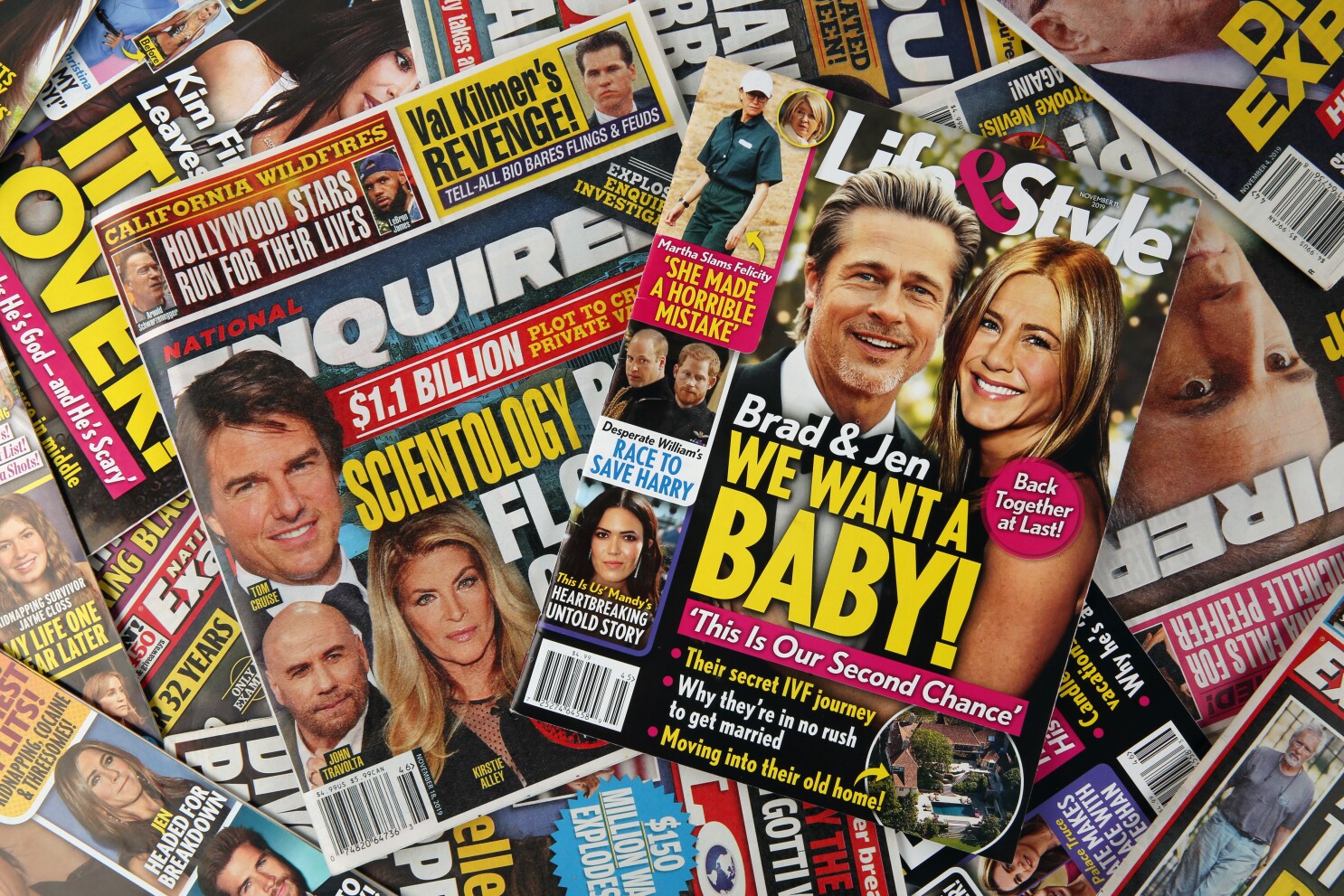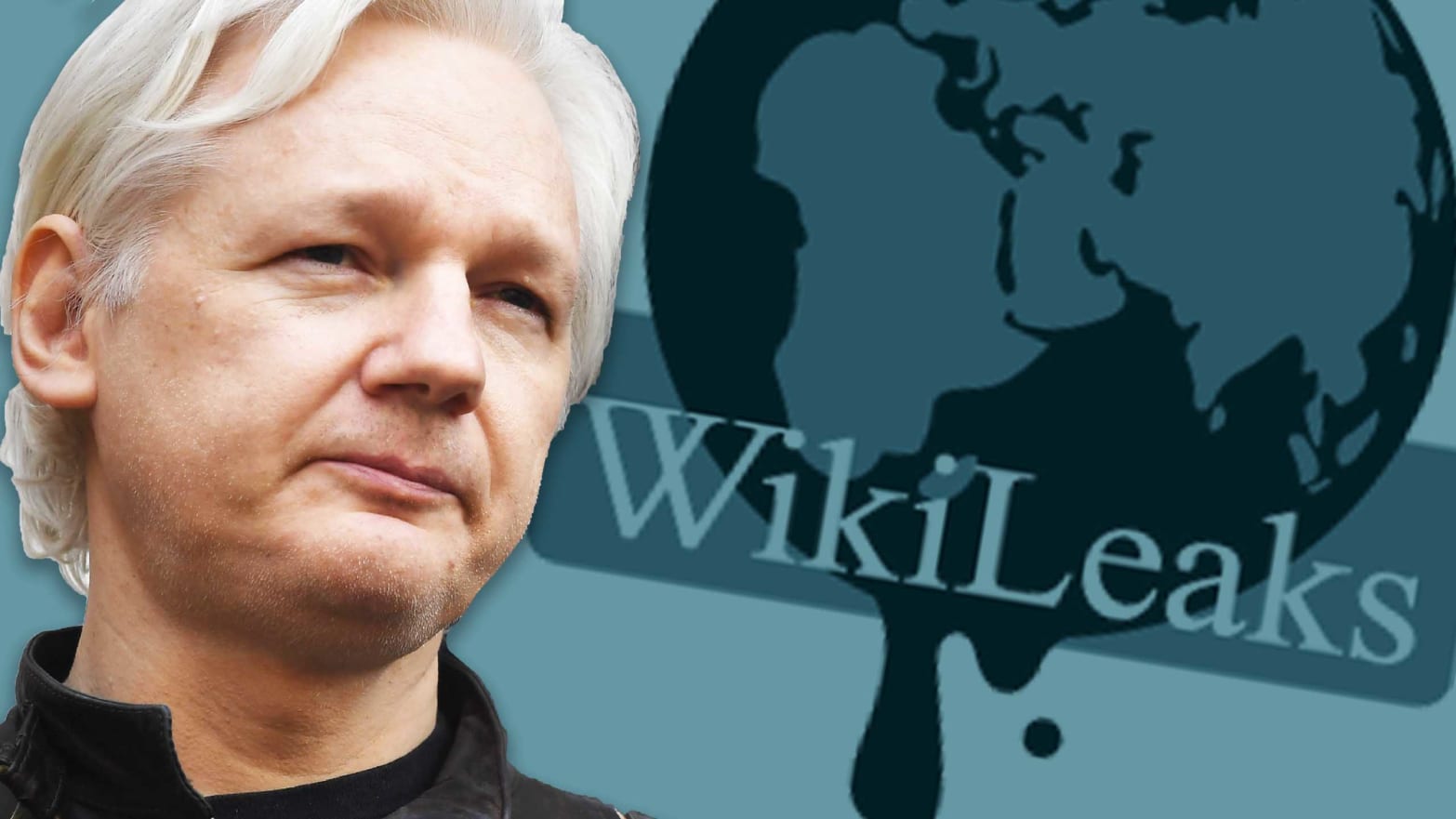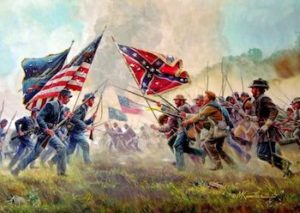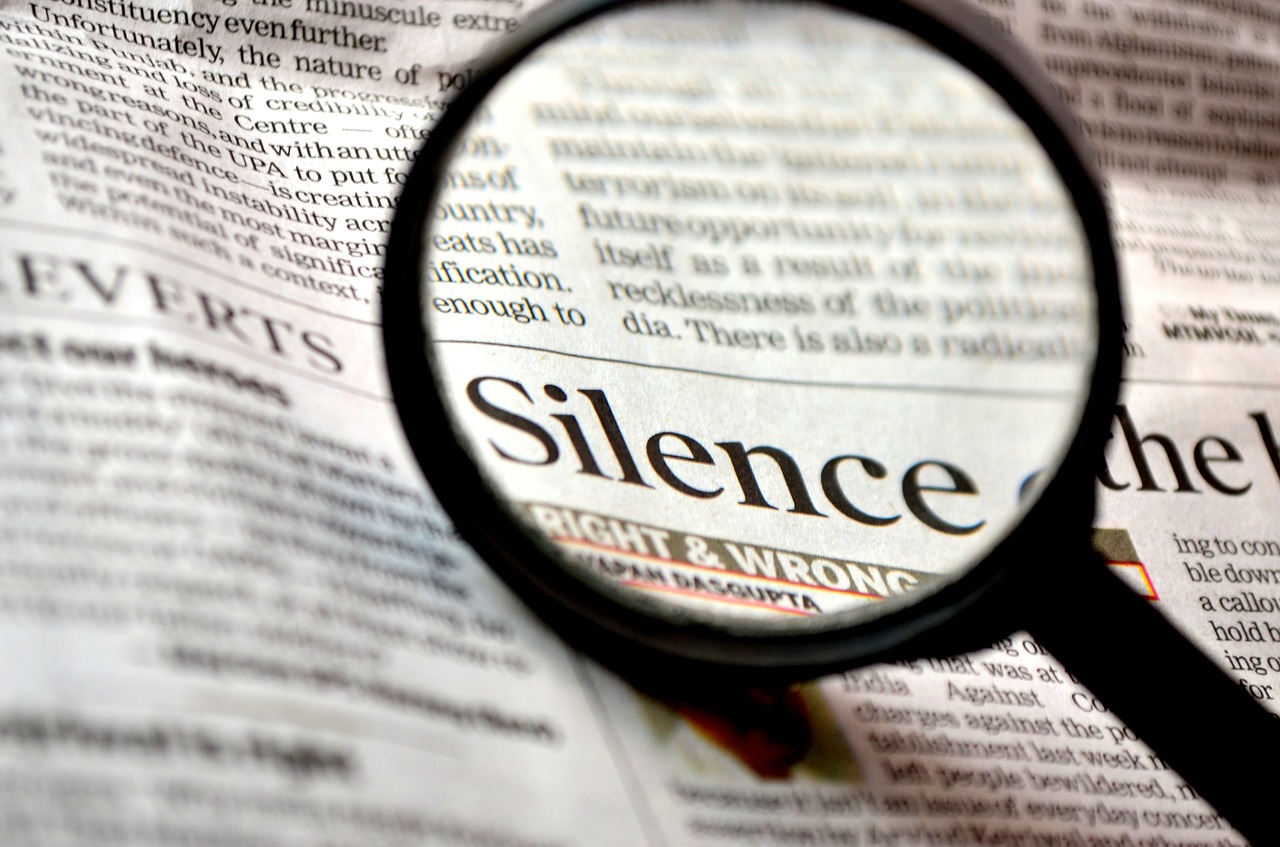Christiane Amanpour, One of the Most Outstanding Modern Journalists

Christine's Start:
Graduating as a Journalism major and started working behind the camera as her first job. After a few more jobs she landed one as an assistant at the international assignment desk for CNN. She had to overcome many challenges such as being refused to be but on-air do to her looks. So, she took matters into her own hands and did an at-home covering a story in Iran, while winning the DuPont Award.Monumental moments for Christine:
She really became known internationally for her coverage for the Bosnian crisis. The world then turned to her, watching her reports of the first Iraq war with Amanpour. She covered in many trouble stops such as Haiti, Rwanda, Somalia, and Afghanistan.Not only did she covered some major events, but she has also interviewed many top world leaders like British Prime minster, Tony Blair, and the French President Jacques Chirac after the 911 attacks.
Also getting the first interview with King Abdullah of Jordan and other Middle Eastern heads of states such as Mohammad Khatami, President of Iran, and Hosni Mubarak, former President of Egypt.
Awards and Late Work:
Christine has won nine Emmys, many Peabody awards, an Edward R. Murrow award, and recognition from the Libary of American Broadcasting. Along with CNN, she has also worked from CBS News on their TV show as a 60 Minutes reporter. She then went to ABC where she worked as an anchor of This Week after a year Christine was made global affairs anchor of ABC News. Now she has found her way back to her original start at CNN in its international station. Finally, after PBS ties with Charlie Rose and sexual harassment allegations, the organization announced the rebroadcasting of CNN's international show that Christine previously anchored for, now rebranding it Amanpour on PBS, in honor of Rose.
Sources: https://www.biography.com/media-figure/christiane-amanpour
https://journalism.nyu.edu/about-us/news/the-100-outstanding-journalists-in-the-united-states-in-the-last-100-years/
Sources: https://www.biography.com/media-figure/christiane-amanpour
https://journalism.nyu.edu/about-us/news/the-100-outstanding-journalists-in-the-united-states-in-the-last-100-years/





